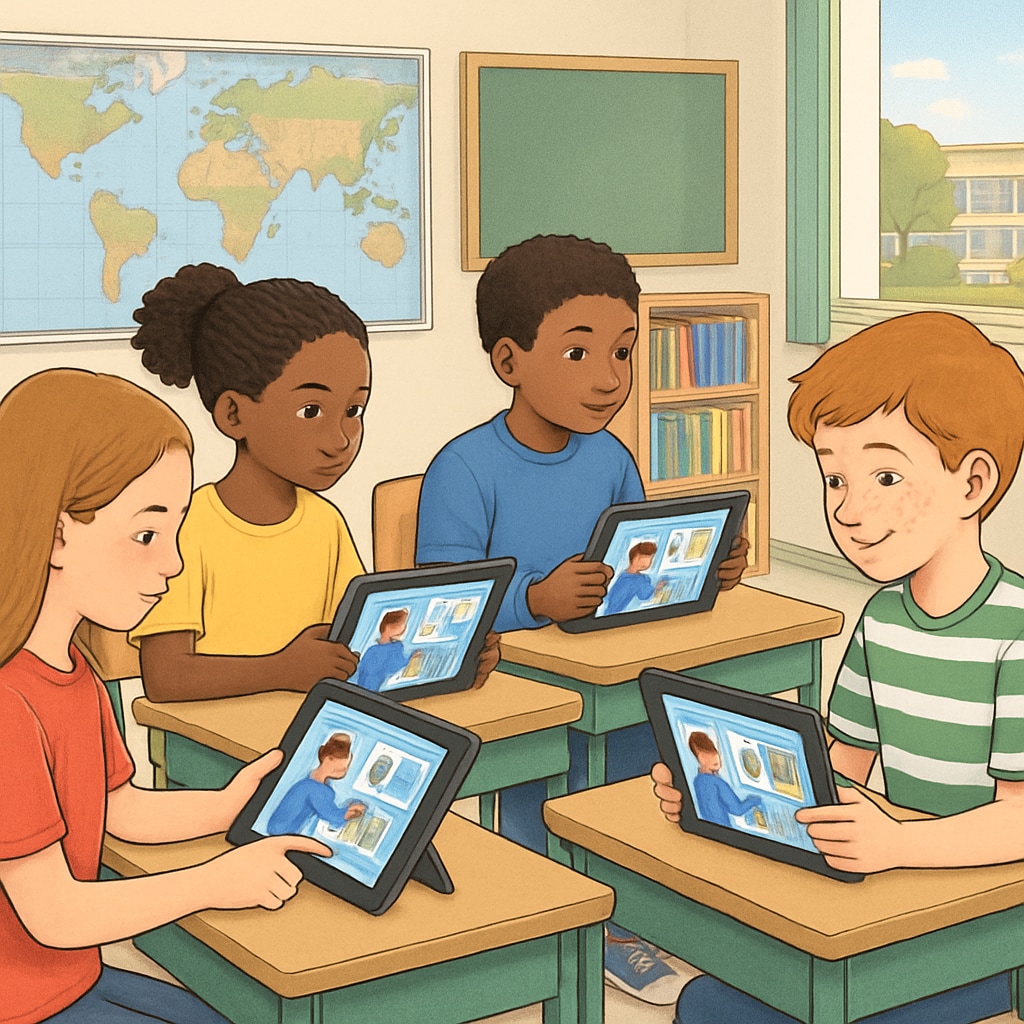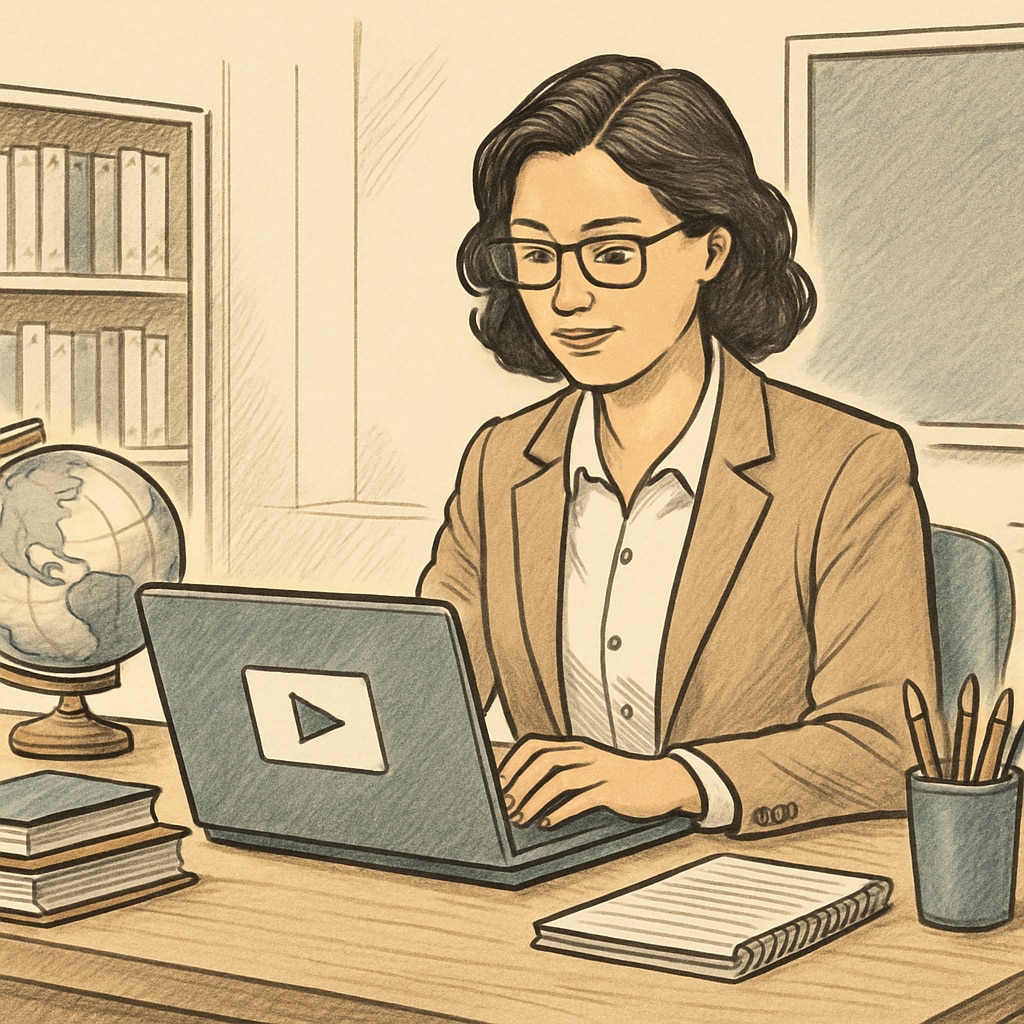The digital revolution is reshaping education in ways never seen before, and one standout trend is the impact of short videos on K12 students. Platforms like TikTok, Instagram Reels, and YouTube Shorts have become integral to how young learners consume information, influencing their learning behaviors and cognitive development. As part of a master’s thesis on this topic, we are seeking responses to a survey that examines the role of short videos in transforming K12 education. This research aims to provide actionable insights for educators, parents, and policymakers to adapt to this evolving educational landscape.

How Short Videos Are Revolutionizing Learning
Short videos are characterized by their brevity, high engagement, and visual appeal, making them effective tools for capturing students’ attention. Unlike traditional teaching methods, short videos deliver information in bite-sized chunks, which can enhance retention and understanding. For example, a 60-second video explaining fractions with animations may be more impactful than a lengthy lecture.
Moreover, the accessibility of short video platforms allows students to learn anytime, anywhere. This convenience aligns with the increasing demand for personalized and self-paced learning experiences. However, the question remains: Are these videos facilitating deeper understanding or merely fostering surface-level engagement?
To better understand these dynamics, educators and researchers need to assess how short videos influence cognitive processes such as memory, attention, and critical thinking.
Challenges and Opportunities in Integrating Short Videos
While short videos offer numerous advantages, they also present challenges. One concern is the potential for distraction due to the entertainment-focused nature of many platforms. Additionally, the rapid consumption of content may hinder the development of critical thinking skills, as students might prioritize speed over depth.
On the flip side, educators can leverage short videos to make learning more dynamic and relatable. For instance:
- Using short videos to introduce complex topics in a simplified manner.
- Encouraging students to create their own educational videos as part of project-based learning.
- Curating high-quality educational content to ensure alignment with curriculum standards.
Understanding these opportunities and challenges is crucial for fostering a balanced approach to digital learning.

Invitation to Participate in a Master’s Thesis Survey
To further explore the impact of short videos on K12 education, this master’s thesis research seeks input from educators, students, and parents. By participating in the survey, you can contribute to a better understanding of how digital media influences learning experiences and cognitive development.
Survey results will provide valuable insights into:
- The effectiveness of short videos in enhancing knowledge retention.
- Students’ preferences and engagement levels with video content.
- Strategies for educators to integrate short videos into traditional teaching methods.
We urge all stakeholders in the education community to take part in this study, as your feedback is essential for driving innovative educational practices. For more details about the survey, please feel free to contact the research team.
Readability guidance: This article uses short paragraphs, lists, and transitions to ensure clarity. Active voice is prioritized, while minimizing the use of long sentences and passive constructions. Key points are summarized in structured sections for easy navigation.


